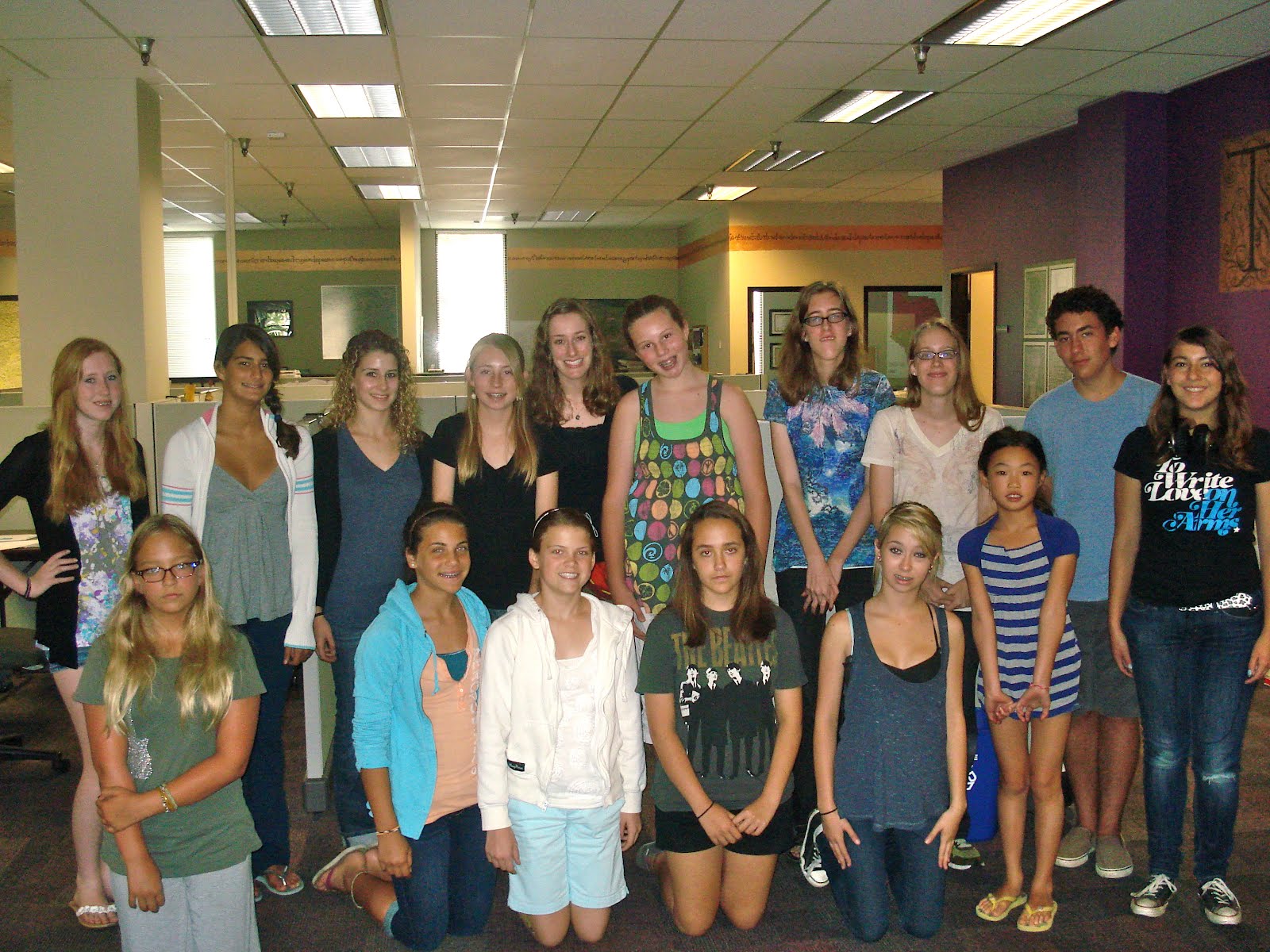Tell us a little bit about your book. What was your inspiration behind it?
I was impacted by Crohn's disease at the age of thirteen and never knew it. I recognized that something was wrong with me but it took almost four decades to identify the issue. Crohn's is a disease that waxes and wanes and makes life difficult; not understanding that you have it only makes it worse. I have met and read about many people, especially young adults, who have been devastated by this ailment and I observed that while the physical elements of the disease were challenging, the emotional issues of sadness, grief, fear and anger were even more pronounced. I recognized that my almost fifty years of experience with Crohn's gives me a wealth of knowledge that I can share with others in the hope that they can benefit from my mistakes and the mental and emotional processes I used to manage this disease and build health. My hope is that other patients will recognize their lives can continue to be full and rich, even with a disease likes Crohn's.
How do you balance writing with all the other things going on in your life, like your work, family, health?
Once I made a decision to write this book, it took about a year. Just like we take time to eat and sleep, writing became a requirement and a part of my regular process. While the project was large, I recognized that the best way to manage it was to work on a consistent basis. Some days I did more than others and there were periods when work and family did not allow time for writing. I think my motivation to write about a topic that would help others was a major driver for me to complete the task. I felt the message of the book would be medicine for people with Crohn's to help cool their inflamed and distressed minds and I wanted it to be available to those who need it.
What is your writing process like?
I try to write during the morning when I feel most alert, rested and creative. I use a PC and rarely take written notes because I cannot read my handwriting! If I have the time, I prefer to write in 2-4 hour bursts. I work off of an outline but once I start to write I do not pay much attention to the outline, grammar or exactly where I am going. I tend to get large chunks of ideas that come forth and I continue to write until they stop. This can go on for some time and the ideas and thought trails take me in various directions. During these times, I am not so concerned about the exact content of my thoughts but want to get things down on paper. I will go back later and clean it up but these creative thought bursts contain the best ideas and I allow them to continue unabated and I don't get in their way with too much concrete thinking.
What is your biggest advice for other writers, particularly young writers just starting out?
I think it begins with having something meaningful to say. I never considered writing a book during the first five decades of my life. I started writing this book when a number of people told time that I had something that could help others and this serviced as my motivation to start writing. Once I made the commitment to write, the next issue for me was organization. I spent time outlining the main themes and points and did this before I did any writing. I wanted to have the bullet points in mind and then build out the rest of the story. I had forty pages of outline before I wrote my first sentence.
What are some of your favorite books?
I love science fiction and read a lot of the old books byArthur C. Clarke, Lester Del Rey and Ray Bradbury, among others. I also read The Hobbit and the Lord of the Rings Trilogy when they first came out and thoroughly enjoyed Harry Potter. I have many interests in nonfiction as well and enjoy authors like Caroline Myss, Deepak Chopra, Wayne Dyer and Robert Leichtman.
What's next for you?
I have started outlining two more books, one on how companies can hire and retain great people while creating a culture of excellence and support. The other is about how people can find meaning and nourishment in their life's work. Both of these relate to what I have done for over twenty years and I think I can add value in writing these books.
Is there anything else you would like to add?
Writing is a wonderful opportunity to go into detail on issues and ideas that can impact people's lives. As the writer, you have control over your message and do not need to be concerned about brevity. You can take the time to develop the idea and then express it in its fullness.
You can connect with James Patterson online here:
- Facebook: http://on.fb.me/
1gBElVt - Linked-In: http://www.linkedin.com/in/
recruiterjim






